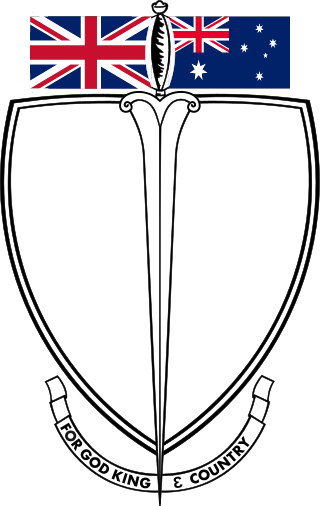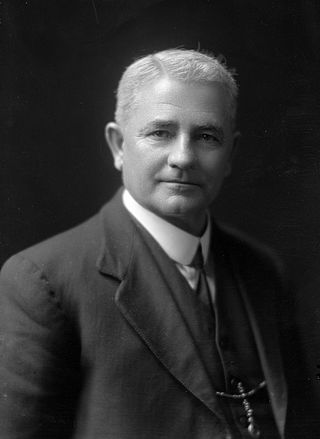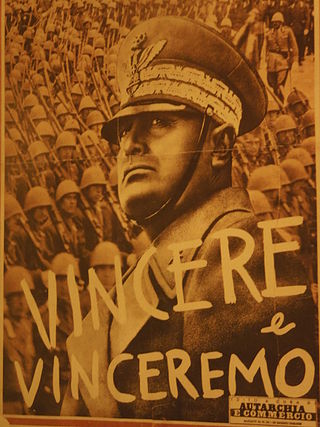The New Zealand Labour Party, also known simply as Labour, is a centre-left political party in New Zealand. The party's platform programme describes its founding principle as democratic socialism, while observers describe Labour as social-democratic and pragmatic in practice. The party participates in the international Progressive Alliance. It is one of two major political parties in New Zealand, alongside its traditional rival, the National Party.

The Communist Party of New Zealand (CPNZ) was a communist party in New Zealand which existed from 1921 to 1994. Although spurred to life by events in Soviet Russia in the aftermath of World War I, the party had roots in pre-existing revolutionary socialist and syndicalist organisations, including in particular the independent Wellington Socialist Party, supporters of the Industrial Workers of the World in the Auckland region, and a network of impossiblist study groups of miners on the west coast of the South Island.

Socialism in New Zealand had little traction in early colonial New Zealand but developed as a political movement around the beginning of the 20th century. Much of socialism's early growth was found in the labour movement.

The New Zealand Social Credit Party was a political party that was New Zealand's third party from the 1950s to the 1980s. It was elected to the New Zealand House of Representatives, holding one seat at times between 1966 and 1981, and two seats from 1981 to 1987. It was named the New Zealand Democratic Party from 1985 to 2018, and was part of the Alliance party from 1991 to 2002. It returned to the Social Credit name in 2018. The party deregistered itself in early 2023.
The United Party was a political party in New Zealand. It was founded in 1927, partly out of the remnants of the Liberal Party, and formed the United Government between 1928 and 1931, and the United–Reform coalition Government between 1931 and 1935. In 1936, it merged with the Reform Party to form the National Party.

The New Guard was an Australian fascist paramilitary organisation during the Great Depression. It was the largest and most successful fascist organisation in Australian history.
The Reform Party, formally the New Zealand Political Reform League, was New Zealand's second major political party, having been founded as a conservative response to the original Liberal Party. It was in government between 1912 and 1928, and later formed a coalition with the United Party, and then merged with United to form the modern National Party.
The New Zealand Democrat Party was a political party in New Zealand, founded in 1934 with the purpose of opposing socialist legislation by the government.
The Independent Political Labour League (IPLL) was a small New Zealand political party. It was the second organised political party to win a seat in the House of Representatives, and was a forerunner of the modern Labour Party.

Henry Edmund Holland was an Australian-born newspaper owner, politician and unionist who relocated to New Zealand. He was the second leader of the New Zealand Labour Party.
The People's Movement was a political party in New Zealand. It was active in the late 1930s and early 1940s, and was individualist in outlook. It campaigned for a reduction in the size of government, a reform of the civil service, a limit on the powers of political parties, and an end to the governing Labour Party's "socialist" policies.
Far-right politics in New Zealand has been present in New Zealand in the form of the organised advocacy of fascist, far-right, neo-Nazi, white supremacist, and anti-Semitic views by various groups, although fascism has never gained a strong foothold.

Albert Ernest Davy was a New Zealand political organizer and campaign manager; and at the height of his career, was regarded as one of the best in the country. He was a strong opponent of socialism, and spent most of his life fighting what he saw as socialist tendencies in New Zealand politics.

The history of fascist ideology is long and it draws on many sources. Fascists took inspiration from sources as ancient as the Spartans for their focus on racial purity and their emphasis on rule by an elite minority. Fascism has also been connected to the ideals of Plato, though there are key differences between the two. Fascism styled itself as the ideological successor to Rome, particularly the Roman Empire. From the same era, Georg Wilhelm Friedrich Hegel's view on the absolute authority of the state also strongly influenced fascist thinking. The French Revolution was a major influence insofar as the Nazis saw themselves as fighting back against many of the ideas which it brought to prominence, especially liberalism, liberal democracy and racial equality, whereas on the other hand, fascism drew heavily on the revolutionary ideal of nationalism. The prejudice of a "high and noble" Aryan culture as opposed to a "parasitic" Semitic culture was core to Nazi racial views, while other early forms of fascism concerned themselves with non-racialized conceptions of the nation.

Sir Thomas Mason Wilford was a New Zealand politician. He held the seats of Wellington Suburbs then Hutt continuously for thirty years, from 1899 to 1929. Wilford was leader of the New Zealand Liberal Party, and Leader of the Opposition from 1920 to 1925.
The Alliance for National Reconstruction was a conservative-nationalist political party in the Netherlands. The VNH played only a marginal role in the Dutch parliament.

Thomas Charles Atkinson Hislop (29 November 1888 – 21 June 1965) was a New Zealand politician, lawyer, and diplomat. He served as the mayor of Wellington from 1931 to 1944.
Aubrey Wilbert Begg was a New Zealand Member of Parliament, for Awarua in Southland.

The Centre Party, or the Centre Reform Group, and occasionally referred to as the Centre Movement, was a short-lived extreme-right political party that operated in the Australian state of New South Wales. Founded in December 1933, the party's leader and most prominent figure was Eric Campbell, the leader of the paramilitary New Guard movement. That organisation had been established to oppose what its members perceived as the socialist tendencies of Jack Lang, the Premier of New South Wales, but declined following Lang's dismissal in early 1932. The party, unlike most fascist-oriented parties in Europe, acted as a wing of its more prominent paramilitary arm.

The 1935 Lower Hutt mayoral election was part of the New Zealand local elections held that same year. The elections were held for the role of Mayor of Lower Hutt plus other local government positions including the nine borough councillors, also elected biannually. The polling was conducted using the standard first-past-the-post electoral method.










